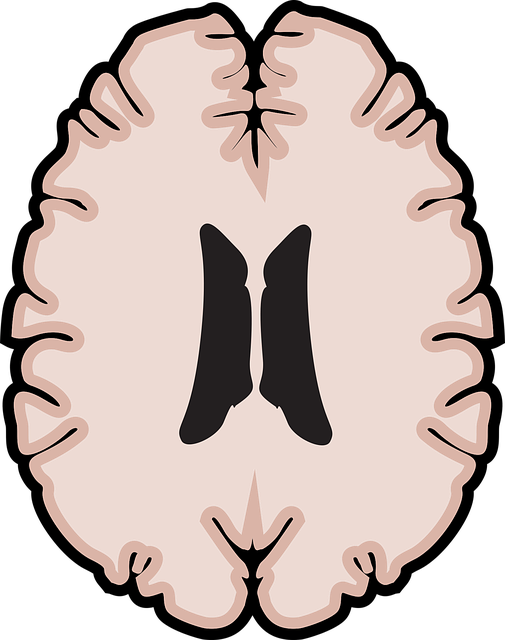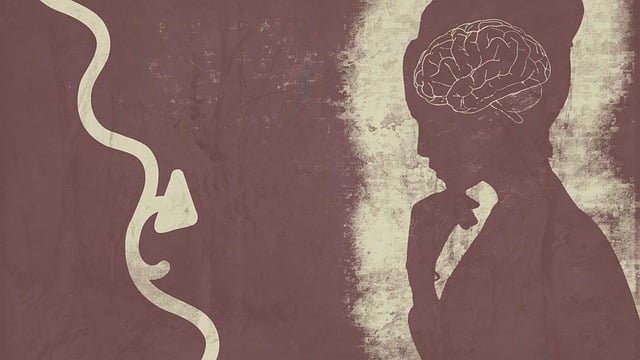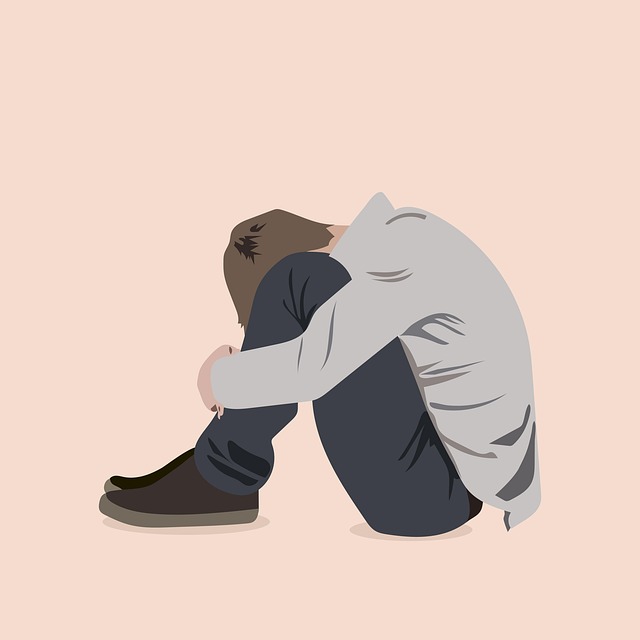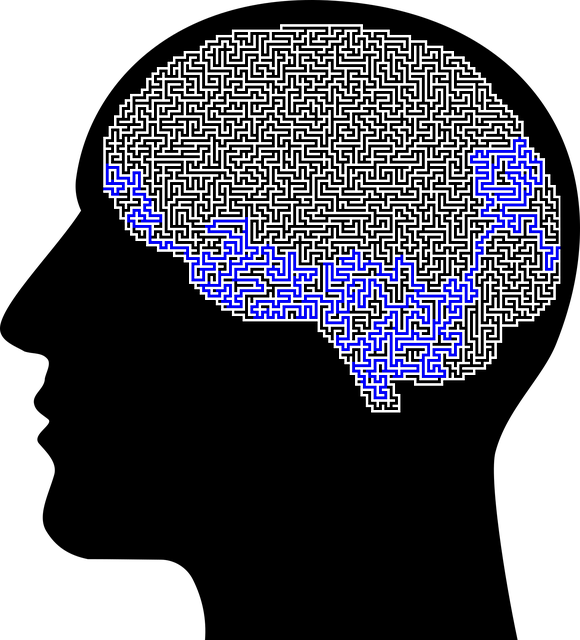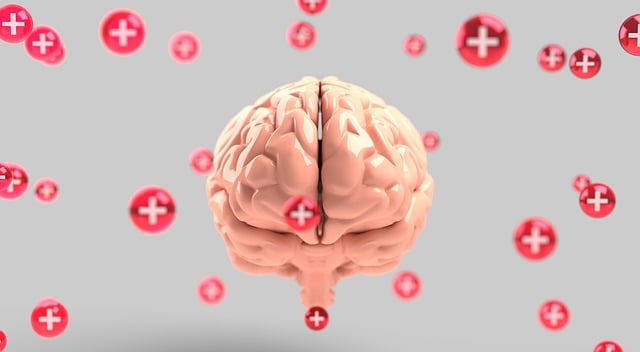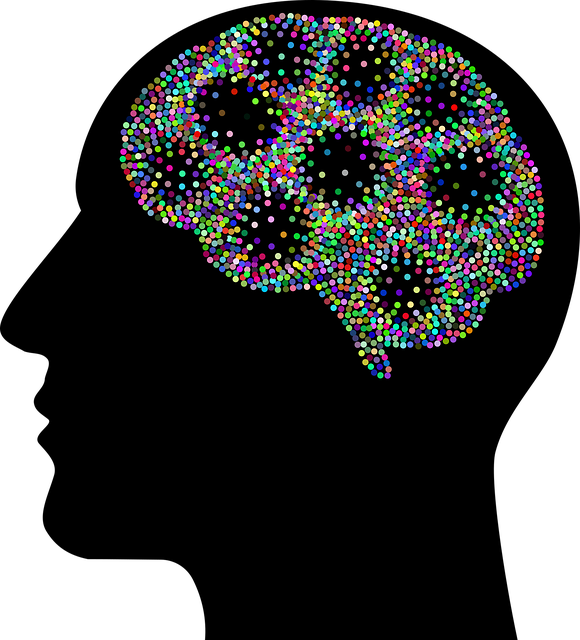Social Skills Training combining Somatic Experiencing (SE) techniques offers a transformative therapy for elderly mental health care. By focusing on mind-body connections, this holistic approach addresses social isolation, depression, and anxiety. Through role-playing, group discussions, and real-world practice, older adults gain communication skills, empathy, and emotional regulation, fostering deeper connections and community engagement. SE's trauma healing methods reduce stress, improve self-awareness, and enhance conflict resolution, contributing to the overall well-being of elders while empowering them to build meaningful relationships.
Social skills training is a vital component of mental health care, especially for elderly individuals navigating social isolation and conditions like depression or anxiety. This article explores effective strategies, including the integration of Somatic Experiencing, to enhance social interaction and well-being in this demographic. We delve into practical approaches for facilitators and present inspiring case studies showcasing the transformative power of combining social skills training with somatic therapy for elders. Discover how these innovative methods can improve quality of life.
- Understanding Social Skills Training: A Key Component of Mental Health Care for Elders
- The Role of Somatic Experiencing in Enhancing Social Interaction and Well-being
- Practical Strategies for Facilitating Social Skills Training in an Elderly Population
- Case Studies: Success Stories of Social Skills Training Combined with Somatic Experiencing
Understanding Social Skills Training: A Key Component of Mental Health Care for Elders

Social Skills Training is an essential component of mental health care for elders, focusing on enhancing their ability to interact and connect with others. This type of therapy empowers older adults by teaching them valuable communication skills, promoting empathy building strategies, and fostering a deeper sense of belonging. It’s particularly beneficial for those managing mental health conditions, as social isolation can exacerbate symptoms such as depression and anxiety.
Incorporating techniques from Somatic Experiencing, a therapeutic approach that prioritises emotional healing processes, Social Skills Training helps elders navigate interpersonal interactions with confidence. Through role-playing scenarios, group discussions, and real-life practice, participants learn to express their needs, manage emotions during social exchanges, and build meaningful relationships. This holistic approach not only improves their quality of life but also encourages a sense of community and purpose among older adults.
The Role of Somatic Experiencing in Enhancing Social Interaction and Well-being

Somatic Experiencing (SE) is a unique therapeutic approach that has gained prominence in recent years, particularly within the context of mental health care for elders. This method focuses on the deep connection between the mind and body, recognizing that traumatic experiences often leave physical marks that can impact an individual’s social interactions and overall well-being. By engaging sensory and emotional systems, SE facilitates healing from past traumas, allowing individuals to process and release stored stress responses.
In the realm of social skills training, SE offers valuable tools for enhancing interpersonal connections. Through guided exercises, participants learn to recognize and manage their bodily sensations during social interactions, fostering a sense of calm and presence. This heightened self-awareness can significantly improve conflict resolution techniques, as individuals become more attuned to their own and others’ emotional cues. Furthermore, the stress reduction achieved through SE can alleviate burnout prevention strategies for healthcare providers, enabling them to engage in meaningful social exchanges without the burden of overwhelming physical tension.
Practical Strategies for Facilitating Social Skills Training in an Elderly Population

Social Skills Training for the Elderly: Practical Approaches to Enhance Well-being
When tailoring therapy for elders, incorporating social skills training can significantly improve their mental wellness and overall quality of life. Given that many older adults may experience anxiety or loneliness, these sessions should focus on practical strategies to facilitate meaningful connections. Techniques such as role-playing scenarios can empower individuals to navigate social interactions with greater confidence, especially in groups. By practicing greetings, conversation starters, and conflict resolution, elders can enhance their communication skills and build a sense of belonging.
The approach should be holistic, considering the unique experiences and challenges faced by this demographic. Incorporating elements from somatic experiencing—a therapy that helps individuals process traumatic memories through bodily sensations—can aid in emotional healing processes. This practice allows participants to release tension and reconnect with their bodies, fostering a deeper sense of self-awareness and comfort in social settings. Moreover, encouraging active listening and empathy during training sessions can further boost confidence and create a supportive environment where elders feel heard and valued, contributing to the production of an engaging Mental Wellness Podcast Series.
Case Studies: Success Stories of Social Skills Training Combined with Somatic Experiencing

Social Skills Training for mental health conditions has seen remarkable success when combined with Somatic Experiencing, a therapeutic approach that focuses on resolving trauma and stress responses. Case studies highlight the transformative power of this integration, particularly for elderly individuals seeking therapy. By addressing both the cognitive and physiological aspects of mental wellness, this combination offers a holistic path to healing.
For instance, many elders have found solace in Mindfulness Meditation techniques taught during social skills training sessions. These practices not only enhance self-care but also foster better emotional regulation. The Mental Wellness Podcast Series Production has played a significant role in sharing these success stories, inspiring others to explore Somatic Experiencing as part of their journey towards mental health improvement. Through focused conversations and storytelling, the podcasts shed light on the practical benefits of combining social skills training with somatic therapies, emphasizing the importance of such approaches for overall well-being.
Social skills training, combined with somatic experiencing techniques, emerges as a powerful therapy for elders suffering from mental health conditions. By addressing the often-neglected social aspect of well-being, these integrated approaches can significantly enhance interaction and quality of life for elderly individuals. The practical strategies outlined in this article offer valuable insights for healthcare professionals aiming to facilitate such programs, while the case studies highlight the transformative potential of this holistic care model, particularly in fostering meaningful connections among elders.

